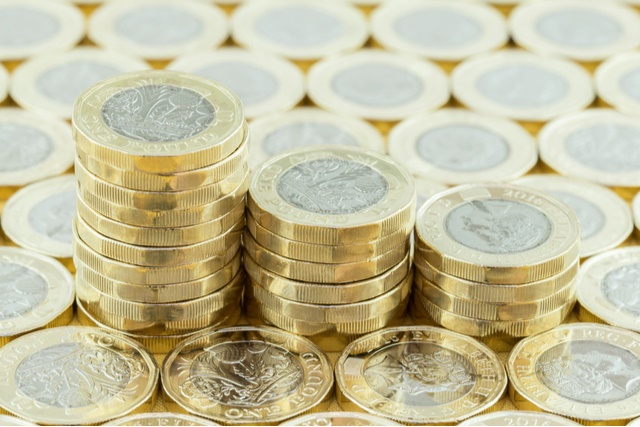GBP/AUD Exchange Rate Holds Ground Despite Record Plunge in UK GDP
The Pound to Australian Dollar (GBP/AUD) exchange rate is edging higher this morning, despite the UK’s latest GDP estimate confirming the UK economy suffered a record contraction in the second quarter.
At the time of writing the GBP/AUD exchange rate is trading at around AU$1.8317, up roughly 0.3% from this morning’s opening rate.
Pound (GBP) Firms on Hopes for a Relatively Speedy Recovery
The Pound (GBP) has proven to be remarkably resilient this morning, in spite of data showing the UK has slipped into its first recession in over a decade.
According to data published by the Office for National Statistics (ONS), the UK economy shrank by a record 20.4% in the second quarter, following on from a 2.2% contraction at the start of the year.
While the figures are certainly alarming, the plunge in growth came as little surprise to GBP investors and had already been largely priced into Sterling.
This allowed for the Pound to find some support on the back of June’s stronger-than-expected growth figures, with the UK economy expanding by 8.7% and buoying hopes for a relatively speedy recovery.
Derrick Dunne, CEO of Beaufort Investment, commented:
‘A 20.4% drop in GDP for Q2 is a spectacular blow after last month’s slight uplift, but wholly expected for figures covering the largest proportion of the lockdown.
‘Despite bringing us into an official recession, it’s not all doom and gloom: the ONS reported an 8.7% uptick for June, just a week after the Bank of England told us the overall hit for 2020 would not be as steep as initially feared.’
While the rebound in June was welcome news, it’s worth noting that the UK economy is still much weaker than it was before the coronavirus crisis.
Australian Dollar (AUD) Sinks on Weak Wage Growth
Meanwhile, the Australian Dollar (AUD) finds itself on the back foot this morning, in the wake of Australia’s latest wage price index.
Australia’s wage price index reportedly fell to 0.2% in the second quarter, with wage growth almost grinding to a half as businesses seek to limit costs amid the coronavirus crisis.
The slump appears to validate the Reserve Bank of Australia’s (RBA) dovish outlook in its latest monetary policy statement as weaker wage growth translates into reduced consumer spending, which in turn could hamper the country’s economic recovery.


Comments are closed.